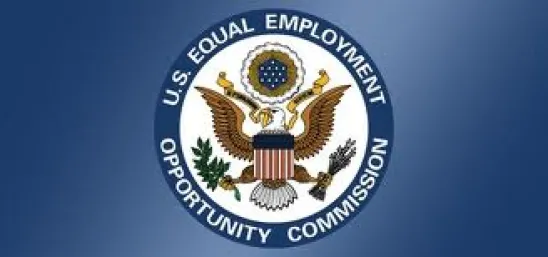This week, the U.S. Equal Employment Opportunity Commission filed its first lawsuits alleging sexual orientation discrimination under Title VII against employers in Pennsylvania and Maryland. In both cases, the EEOC seeks compensatory and punitive damages, as well as injunctive relief. The lawsuits are the latest step by the Commission to confirm its view that “sex” discrimination under Title VII encompasses discrimination based on sexual orientation.
In addition, the EEOC has issued guidance recently on gender identity and sexual orientation discrimination (here and here) and submitted amicus briefs in several individual plaintiff cases. The EEOC has also prosecuted a number of federal sector cases, including last summer’s decision in Baldwin v. Dep’t of Transportation, where the Commission held for the first time that a claim of discrimination on the basis of sexual orientation necessarily involve sex-based considerations under Title VII because sexual orientation discrimination: (1) inevitably involves treating employees differently because of their sex; (2) is associational discrimination on the basis of sex; and (3) necessarily involves discrimination based on gender stereotypes, including employer beliefs about the person to whom the employee should be attracted.
Now, the EEOC will put its legal theories to the test in the U.S. District Courts for the Western District of Pennsylvania and the District of Maryland. In the first challenge, the Commission alleges that Pennsylvania-based health care company subjected a gay male employee to harassment because of his sexual orientation. The complaint alleges that employee’s manager repeatedly referred to him using various anti-gay epithets and made other highly offensive comments about his sexuality and sex life. The employee complained to the clinic director, but the director allegedly refused to take any action to stop the harassment. The employee eventually quit.
In the other case, the EEOC alleges that a lesbian employee at a recycling company was harassed by her supervisor because of her sexual orientation. The supervisor purportedly made comments about the employee’s sexual orientation and appearance on a weekly basis. The employee purportedly complained to the general manager and called the company’s hotline about the harassment. She was fired just a few days after she raised complaints.
Employers should prepare for the EEOC to continue its focus on investigating sexual orientation and gender identity claims and should address these types of discrimination in training materials and handbooks. For those employers operating in states or localities that already protect against sexual orientation and gender identity discrimination, the EEOC’s enforcement of Title VII on these same bases may mean multiple-count complaints based on federal and state or local law.



 />i
/>i

